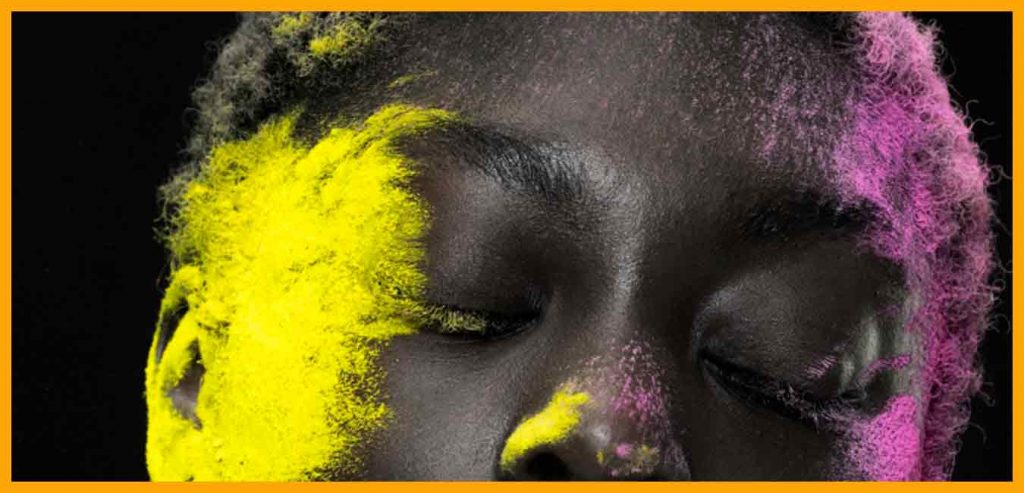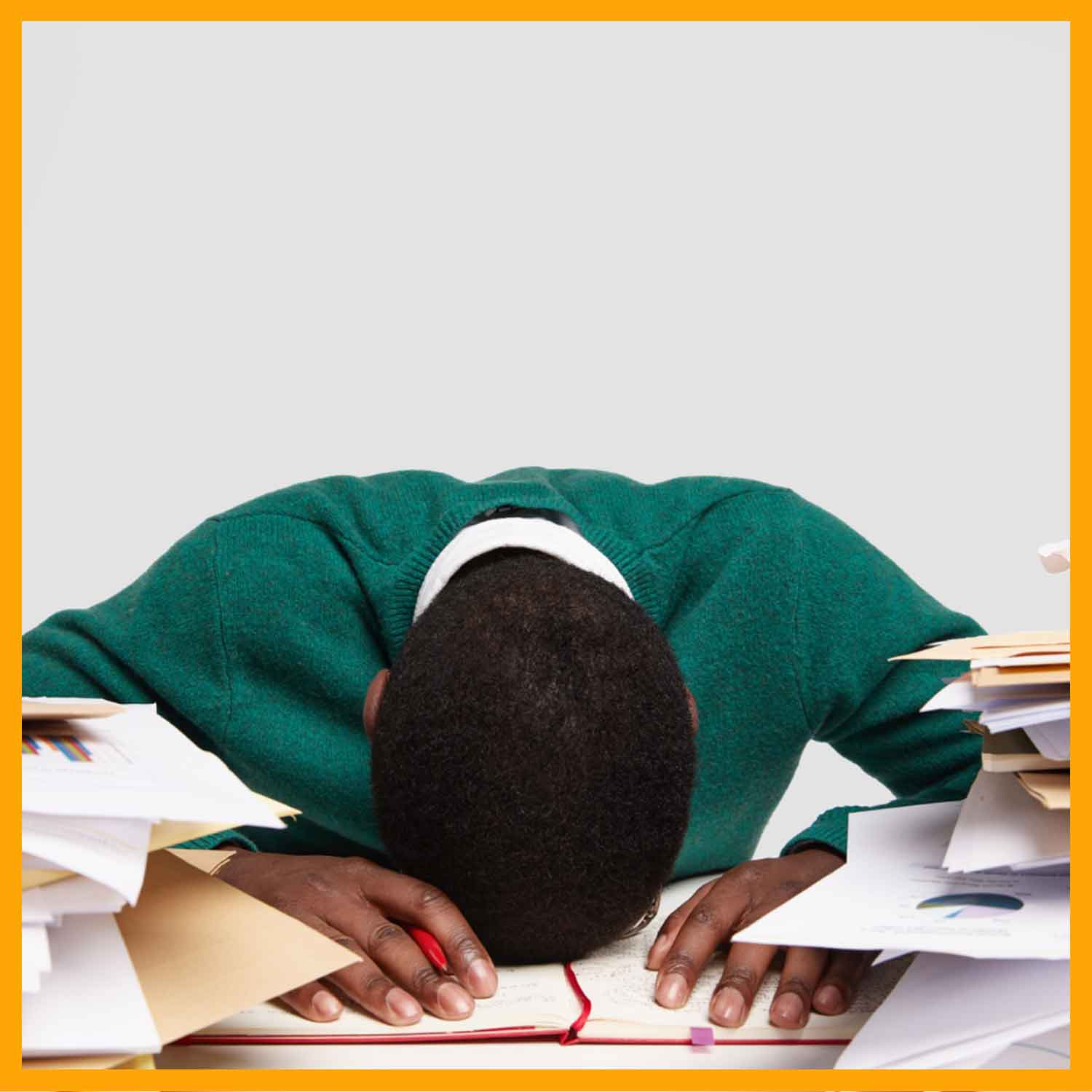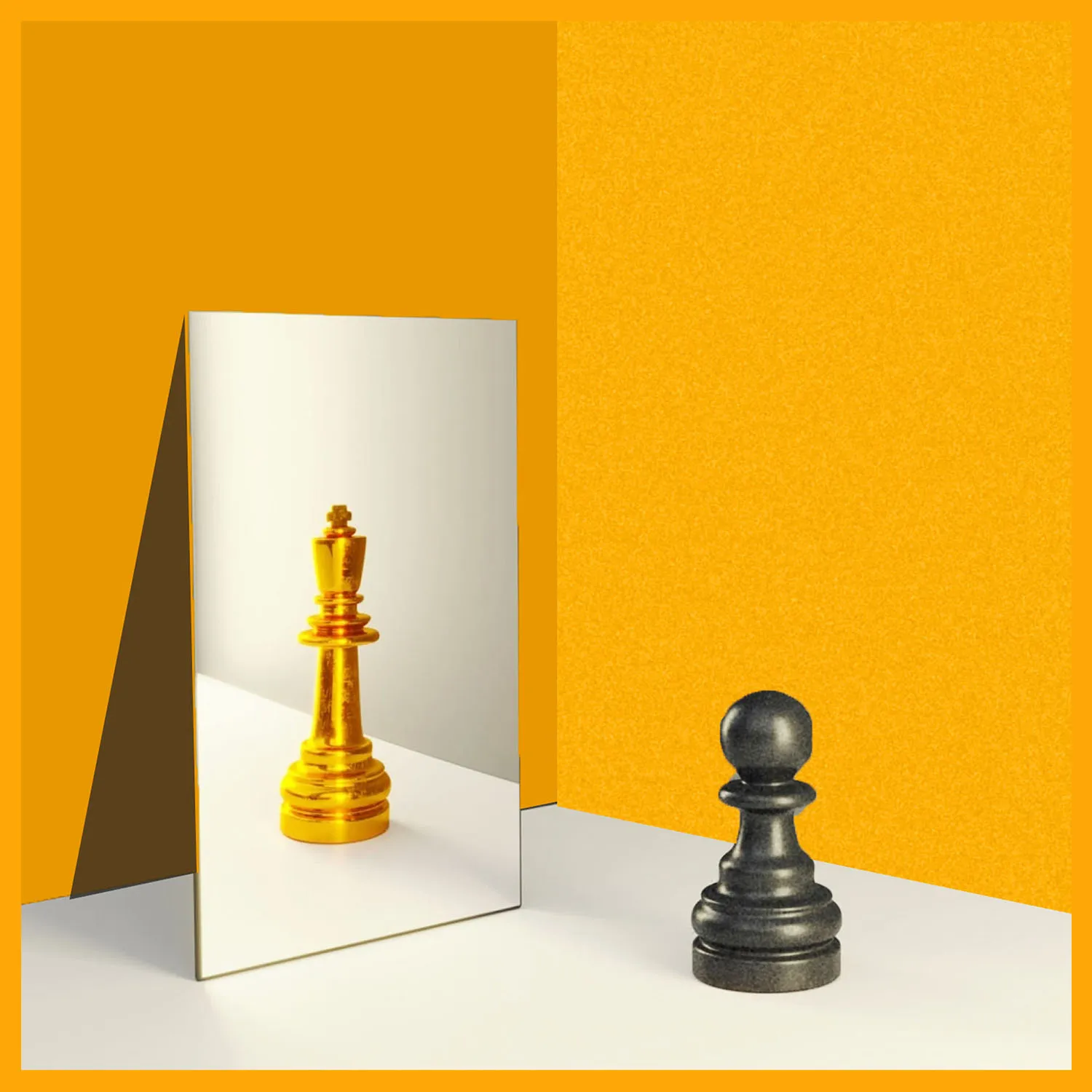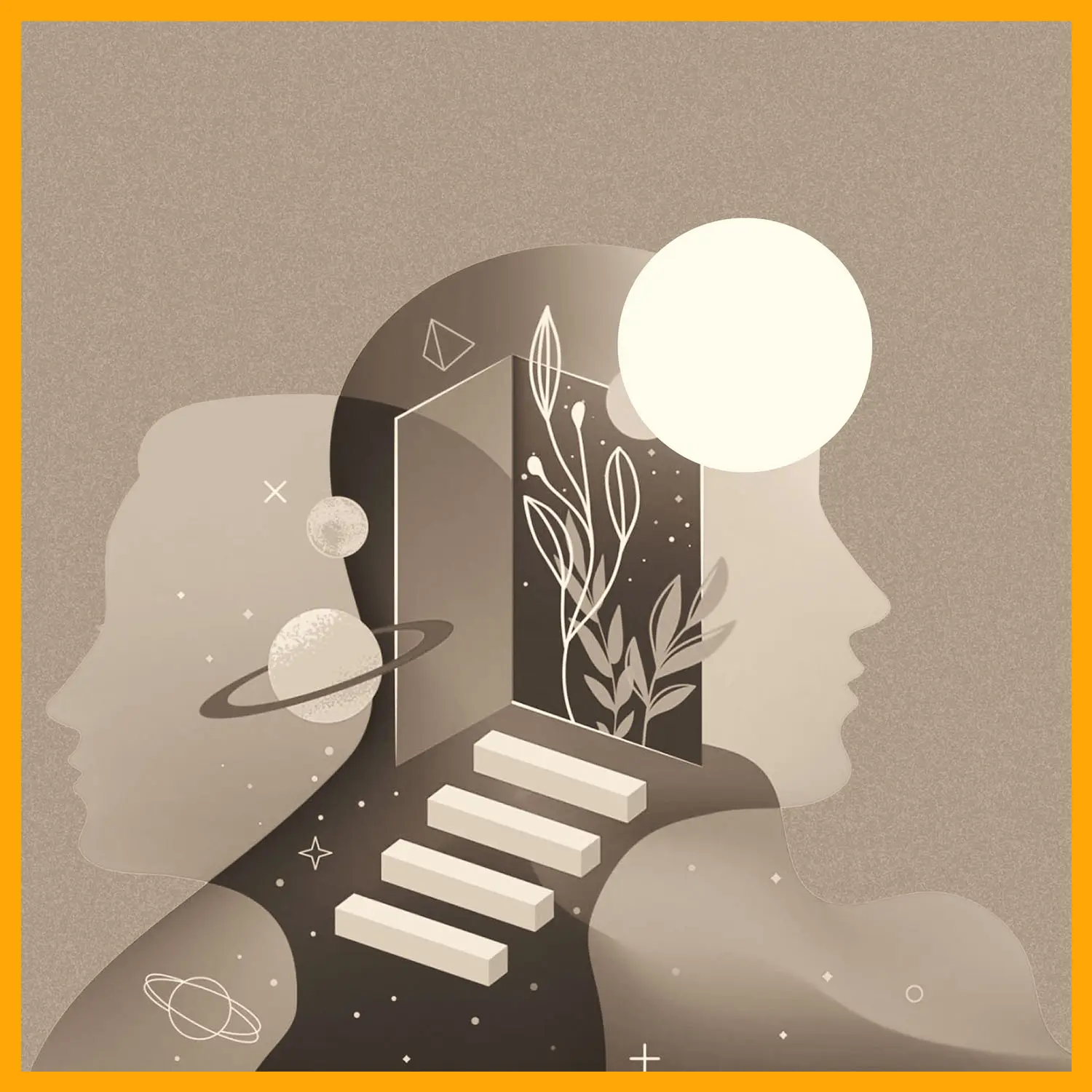Procrastination usually has a bad rap. Before writing this article, calling me a procrastinator was akin to being called unproductive, lazy, and unreliable. None of the words an efficient person would want to be associated with.
Let’s see why I’m not so bothered about that word ” Procrastination” anymore.
What is Procrastination?
Procrastination is the action of unnecessarily and voluntarily delaying or postponing something despite knowing that there will be negative consequences for doing so.” Note the word, “negative”. And the majority of the world is in line with that idea.
Some employers and creatives try to do the opposite called “precrastination”. A fatal mistake!
What is Precrastination?
Precrastination is the completion of a task too quickly or too early when taking more time would result in a better outcome. So, in those situations, results are rarely produced in the best form. And people don’t realize this.
This causes unnecessary blame, confusion, and a major decrease in productivity. The problem becomes the illusion that the worker isn’t working hard enough rather than the truth of being overworked and stressed.
Can we blame them?
The world has adopted the consensus that not consistently working on a task means un productivity and less creativity.
What Is Creativity?

Creativity isn’t as simple as washing dishes. It comes from inside. You need time to brood, take a step back then come back to working on your task.
It’s like cooking. Sure, all the ingredients (information) are in pot but it wouldn’t amount to anything good if you don’t let the fire (brain) cook it.
Also, that isn’t accomplished by standing by the cooker.
You can move about. Maybe watch some TV, read a novel while the fire is still going on. It’s the same thing with creativity.
Creativity is using original ideas and imagination(internal) to create something.
The Connection Between Procrastination And Creativity

Creatives have proved time and again that “doing nothing” increases creativity.
In 2012, Benjamin Baird in an experiment called “Unusual Uses Task”, discovered that the benefits of doing a small task away from your actual work can increase creativity by 40%.
Our subconscious needs time to work on our ideas in order to create something great. This is called Incubation.
Joe Sugarman (of blessed memory), top advertiser and copywriter says, “The incubation process is the power of your subconscious mind to use all your knowledge and experiences to solve a specific problem and its efficiency is dictated by time, creative orientation, environment and ego.”
He’s not the only one who thinks so. Agatha Christie, a crime author, says her ideas usually came while having a bath. “Invention, in my opinion, arises directly from idleness, possibly also from laziness.” She adds in her autobiography, Agatha Cristie: An Autobiography.
How To Maximise Procrastination.
Procrastinate and get creative the right way.
Creatives need a relaxing place to work. Ideas that are buried in our subconscious crop up when we allow information to stay awhile.
It’s weirdly similar to remembering points you could have said in an argument hours after.
When our subconscious has adequately ruminated on the information, ideas seem to gush on paper, screen or .PSD file. Anything you’re working on.
Spending time on a problem can narrow your scope and make you only see the obvious solutions. However, procrastination can help us look at problems from a new perspective.
When you take a step back from your creative work, you can clear your head. Stop thinking about it. When you come back, because you’re in a different headspace, there’s clarity on your task. You can try it, it works like magic!
As Adam Grant, after his 2021 research on creativity with Jihae Shin, said: “procrastination gives you time to consider divergent ideas, learn and reflect on setbacks, and then incorporate those lessons into your final work.”
Now, we know creativity needs time. But that doesn’t mean you stay years before going back to the task. Every dish has an average time needed for cooking. Any longer and it could be burnt trash. Any shorter and its not edible (precrastination).
Conclusion
Taking time out is good. In fact, it’s needed.
Activities like these can help:
- Walking
- Sleeping
- Leisure reading
- Meditation
Apple has created an Apple Park, and Google, a sleep pod in order to increase creativity and productivity of their employees.
Unlike the world view, now we understand the benefits of procrastination. So next time you’re feeling that creative block, step away from your task. It doesn’t mean you’re lazy. It’s in fact helping you boost your work output.








